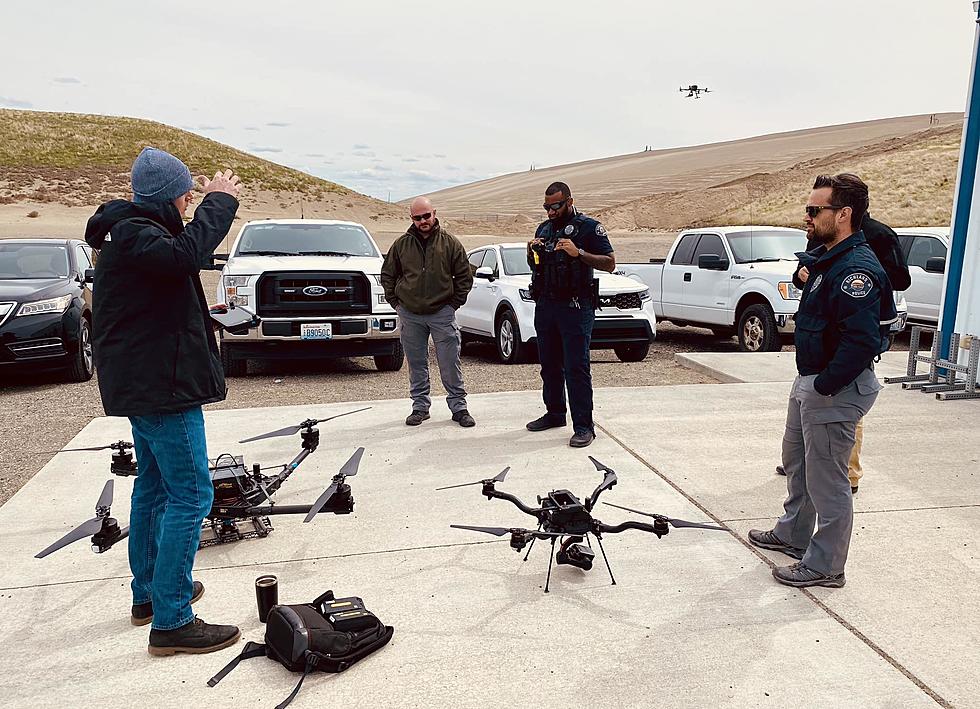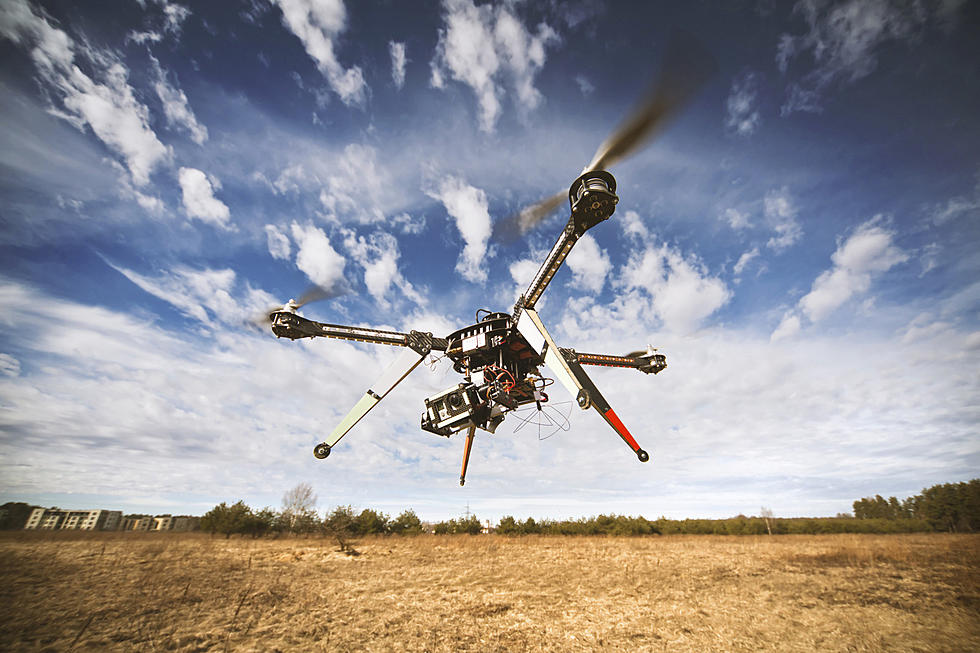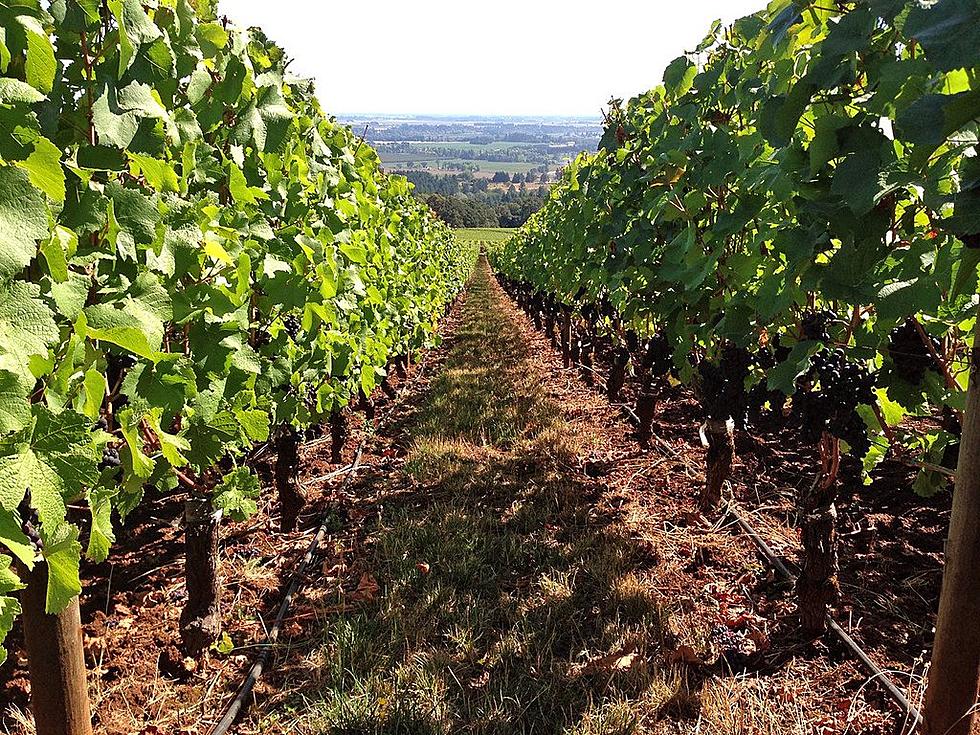
WSU: Automated Drones Could Scare Birds Away from Crops
Researchers at Washington State University are looking at whether or not automated drones can successfully keep birds away from fields and orchards. Associate Professor Dr. Manoj Karkee said farmers have been trying many different technologies to address this challenge. He said at this point, efforts have been either ineffective, extremely costly, or both.
“That's why we hypothesize that drones that are getting fitter and more commonplace in many different industries, including agriculture, could be a tool that could effectively deter the birds, while also providing many other crop monitoring and precision agriculture functionalities.”
Karkee said the project is the third in a series of three that was published in a Computer and Electronics in Agriculture journal. The first study showed that manual drones successfully deterred birds from vineyards and reduced their return count. The second study detailed the effect the first study’s success led to crop yield status, showing a 50% reduction in damaged fruits. In this third study, drones patrolled fields for 24 hours a day.
The team ran two tests, one that detected birds and another deploying drones automatically. Karkee’s team developed an algorithm that would track birds going in and out of the fields.
"Collectively, they find out where the birds are and which direction they're moving into. Then that information is sent to the drone, which then alters the flight path [for] the drone to intercept incoming birds. If the birds are already feeding on the crops, we'll just move the drone close to those birds and make some random movement and noise.”
He noted that researchers found that the birds were scared off by the noisy moving drones, however there may be more specific and predatory bird calls that could be added to the machines. Karkee wants to make these drones more commercially available, however it will be several years before these drone systems will be used commercially. The drones, he noted, need to undergo more testing and comply with federal drone regulations before they can go on the market.
If you have a story idea for the PNW Ag Network, call (509) 547-1618, or e-mail glenn.vaagen@townsquaremedia.com
More From 610 KONA









